Legionella Testing
Featured Legionella Testing Listings
Browse Legionella Testing Companies
Legionella Testing Ireland
Legionella testing in Ireland adheres to stringent national standards, ensuring the safety of water systems across the country. Healthcare professionals and environmental health officers play a crucial role in this process, utilizing a range of sophisticated methods to detect the presence of these potentially deadly bacteria. The most common technique employed is the culture method, where water samples are incubated on specialised media to encourage Legionella growth. This tried-and-true approach, while time-consuming, remains the gold standard for its accuracy and reliability. However, the urgency of public health protection has led to the adoption of rapid testing methods, such as Polymerase Chain Reaction (PCR), which can deliver results in hours rather than days.
In recent years, Ireland has embraced cutting-edge technologies to enhance Legionella detection capabilities. Improved molecular methods have revolutionised the field, offering unprecedented sensitivity and specificity in identifying Legionella strains. One particularly exciting development is the introduction of on-site testing kits that provide real-time results, enabling swift action in high-risk environments such as hospitals and care homes. These advancements not only expedite the testing process but also contribute to more targeted prevention strategies. As we continue to innovate, the integration of artificial intelligence in data analysis promises to further refine our approach to Legionella control, potentially predicting outbreaks before they occur. For healthcare professionals and environmental health officers on the frontline, these technological leaps represent a powerful arsenal in the ongoing battle against Legionnaires’ disease.
